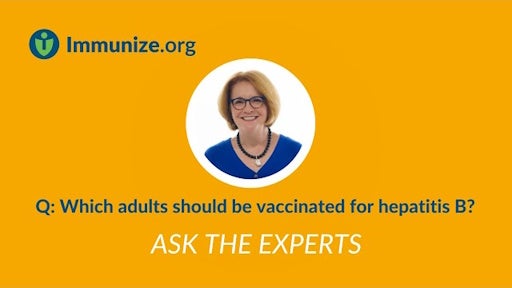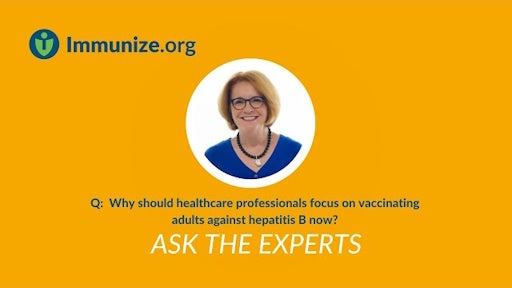People with HIV infection are at increased risk for severe complications if infected with measles. It is safe to vaccinate people with HIV infection who are not severely immunosuppressed. The current criteria for safe MMR vaccination of people with HIV infection are shown below, from the CDC General Best Practices Guidelines (see the section on altered immunocompetence, www.cdc.gov/vaccines/hcp/imz-best-practices/altered-immunocompetence.html):
Two doses of MMR vaccine are recommended for all HIV-infected people age 12 months or older who do not have evidence of current severe immunosuppression (individuals age 5 years or younger must have CD4+T lymphocyte [CD4+] percentages at least 15% for at least 6 months, and individuals older than age 5 years must have CD4+ percentages at least 15% and CD4+ cell counts of at least 200 lymphocytes/mm3 for at least 6 months) and do not have current evidence of measles, rubella, and mumps immunity.
In cases when only CD4+ cell counts or only CD4+ percentages are available for those older than age 5 years, the assessment of severe immunosuppression can be based on the CD4+ values (count or percentage) that are available. In cases when CD4+ percentages are not available for those age younger than 5 years, the assessment of severe immunosuppression can be based on age-specific CD4+ counts at the time CD4+ counts were measured; i.e., absence of severe immunosuppression is defined as at least 6 months above age-specific CD4+ count criteria: CD4+count greater than 750 lymphocytes/mm3 while age 12 months or younger, and CD4+count at least 500 lymphocytes/mm3 while age 1 through 5 years. Similarly, repeat doses of MMR vaccination are recommended for individuals with perinatal HIV infection who were vaccinated before establishing effective combination antiretroviral therapy (cART). They should receive 2 appropriately spaced doses of MMR vaccine once effective cART has been established (individuals age 5 years or younger must have CD4+ percentages of at least 15% for at least 6 months; individuals older than 5 years of age must have CD4+ percentages at least 15% and CD4+ counts of at least 200 lymphocytes/mm3 for at least 6 months) unless they have other acceptable current evidence of measles, rubella, and mumps immunity.
HIV-infected people who are receiving regular doses of IGIV are unlikely to respond to varicella vaccine or MMR vaccine because of the presence of passively acquired antibody. However, because of the potential benefit, MMR and varicella vaccines should be considered approximately 14 days before the next scheduled dose of IGIV (if not otherwise contraindicated), although an optimal immune response might not occur depending on the presence of neutralizing antibodies against the vaccine virus. Vaccination should be repeated (if not otherwise contraindicated) after the recommended interval (see Table 3-6 in the Timing and Spacing of Immunobiologics of this document). In most cases, this is after the therapy has been discontinued.
Administer the first dose at 12 through 15 months and the second dose to children age 4 through 6 years, or as early as 28 days after the first dose.

